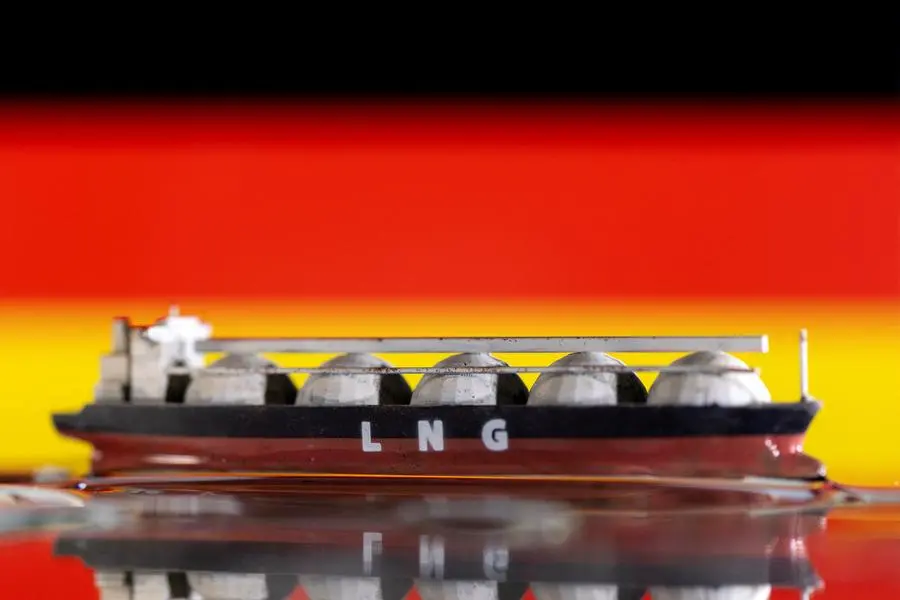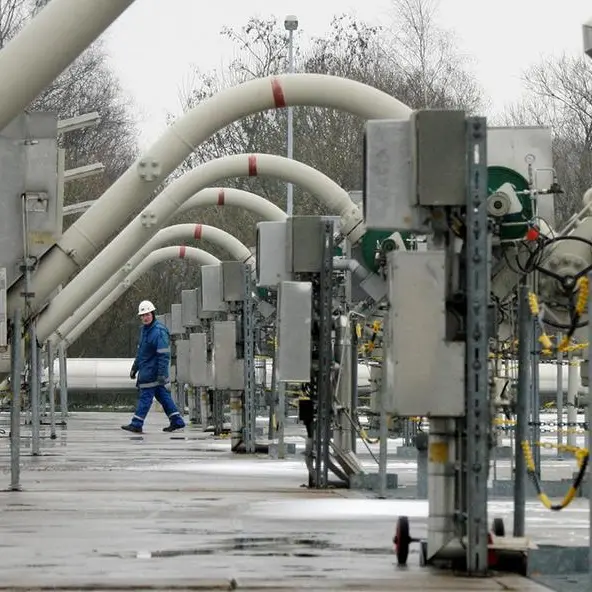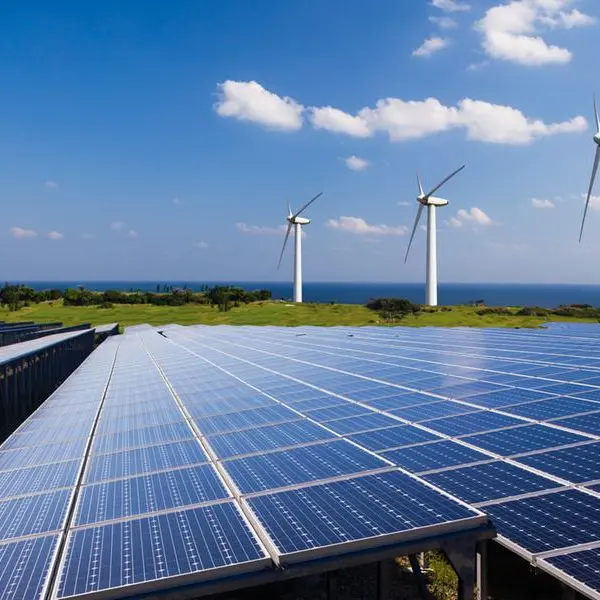PHOTO
BERLIN - A German environmental group has lodged a complaint against the operating licence of a new floating liquefied natural gas (LNG) terminal at Wilhelmshaven, arguing the discharge of chlorine was harmful and German climate targets could be put at risk.
In the latest hurdle to the government's efforts to reduce German reliance on Russian energy, Deutsche Umwelthilfe (DUH) said in a complaint to the commercial regulator in the state of Lower Saxony that the licence should end in 2032, not 2042.
The DUH objects to the discharge of large quantities of environmentally harmful chlorine, used for cleaning on the terminal vessel Hoegh Esperanza, operated by Uniper.
The so-called Floating Storage and Regasification Unit (FSRU), put into operation in the North Sea port in December, carries around 165,000 cubic metres of LNG. It was chartered by the German government as it seeks to replace Russian natural gas volumes, which came to a halt at the end of the summer.
The complaint, which comes as police started clearing protesters opposed to the expansion of an opencast lignite mine, underscores growing tensions over Berlin's climate policy.
Environmentalists say climate goals are being neglected during an energy crisis caused by Russia's invasion of Ukraine last year, forcing a return to dirtier fuels.
"There must be no environmental discounts when approving plants for liquefied natural gas," said DUH Managing Director Sascha Mueller-Kraenner, adding that numerous permanent licences for fossil fuel projects would jeopardise German climate goals.
"It must be clear that compliance with the Paris climate agreement is non-negotiable. The lifespan of the LNG terminal must be limited to a maximum of ten years.”
(Writing by Madeline Chambers Editing by Mark Potter)





















